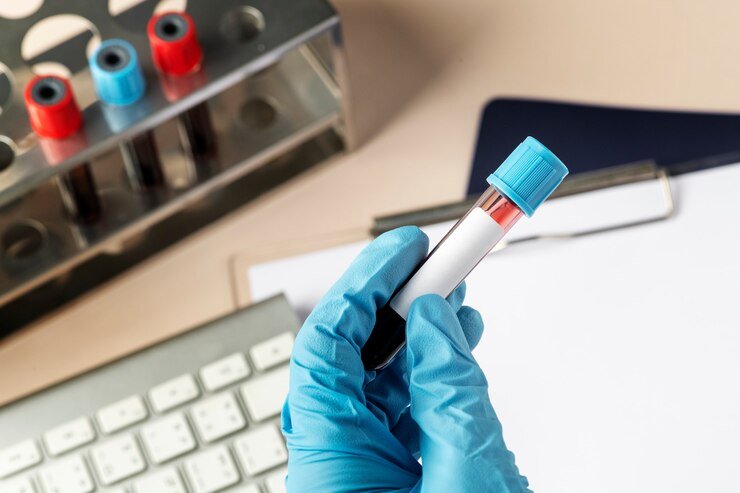The CRP test, short for C-Reactive Protein test, is a common blood test that plays a crucial role in assessing inflammation in the body. Elevated levels of C-reactive protein can indicate various medical conditions and diseases, making it a valuable diagnostic tool. In this comprehensive guide, we will delve into the world of CRP testing, understanding what C-reactive protein is, why it is measured, and how the CRP test cost can vary.
What is C-Reactive Protein (CRP)?
C-Reactive Protein (CRP) is a protein produced by the liver in response to inflammation in the body. It is a key component of the body’s natural defense mechanism against infections, injuries, and other inflammatory conditions. CRP levels rise significantly in response to inflammation, making it an essential biomarker for assessing the presence and severity of inflammation.
Why is CRP Measured?
Measuring CRP levels through a CRP test is a valuable diagnostic tool with several clinical applications:
- Infection Detection: Elevated CRP levels can indicate the presence of bacterial or viral infections.
- Inflammatory Diseases: CRP testing helps diagnose and monitor conditions like rheumatoid arthritis and lupus.
- Cardiovascular Risk Assessment: High CRP levels are associated with an increased risk of heart disease.
- Post-Surgery Monitoring: CRP levels can indicate the body’s response to surgery or trauma.
- Chronic Conditions: CRP is used to track disease activity in chronic conditions like Crohn’s disease.
The CRP Test Process
The CRP test involves a simple blood draw, where a small sample of your blood is collected by a healthcare professional. This sample is then sent to a laboratory for analysis. The laboratory measures the concentration of CRP in your blood, typically expressed in milligrams per liter (mg/L). Results are usually available within a day or two and are reported as either a numerical value or categorized as high, moderate, or low.
Factors Influencing CRP Test Cost
The cost of a CRP test can vary depending on several factors:
- Healthcare Facility: Different healthcare providers may charge different prices for the test.
- Insurance Coverage: Your health insurance plan may cover the cost of the CRP test, reducing or eliminating your out-of-pocket expenses.
- Location: The cost of healthcare services, including the CRP test, can vary by geographical location.
- Test Complexity: Some CRP tests may be more comprehensive or require additional analysis, affecting the overall cost.
- Additional Services: If the CRP test is bundled with other tests or part of a comprehensive panel, it can impact the overall cost.
Typical Cost Range for CRP Testing
The cost of a CRP test can range from $20 to $100 or more, depending on the factors mentioned above. Insurance coverage plays a significant role in determining your out-of-pocket expenses. Individuals with insurance plans that cover diagnostic tests may have little to no cost for the CRP test, while those without insurance may need to pay the full price. It’s essential to check with your healthcare provider and insurance company to understand your specific cost.
The Importance of CRP Testing
CRP testing is a valuable tool for assessing inflammation and diagnosing various medical conditions. Its significance lies in its ability to detect health issues in their early stages when they are more treatable. Regular CRP testing can help individuals and healthcare providers monitor chronic conditions, assess cardiovascular risk, and track the effectiveness of treatments. By understanding the role of CRP testing and its potential costs, individuals can make informed decisions about their health and well-being.
CRP Test Cost Variations
It’s important to note that the cost of CRP testing can vary widely from one healthcare provider or facility to another. Shopping around for the best prices and checking with your insurance provider can help you save on the cost of CRP tests. Additionally, some healthcare facilities offer discounted packages for a range of diagnostic tests, which can be a cost-effective option for individuals looking to monitor their health regularly.
Conclusion
In conclusion, understanding the CRP test, what it measures, and why it is important is crucial for proactive healthcare. While the cost of CRP testing may vary, it is a valuable tool for diagnosing and monitoring various medical conditions. By staying informed about the factors that influence CRP test cost and exploring cost-saving options, individuals can take control of their health and well-being, ensuring timely diagnosis and effective treatment when needed.

